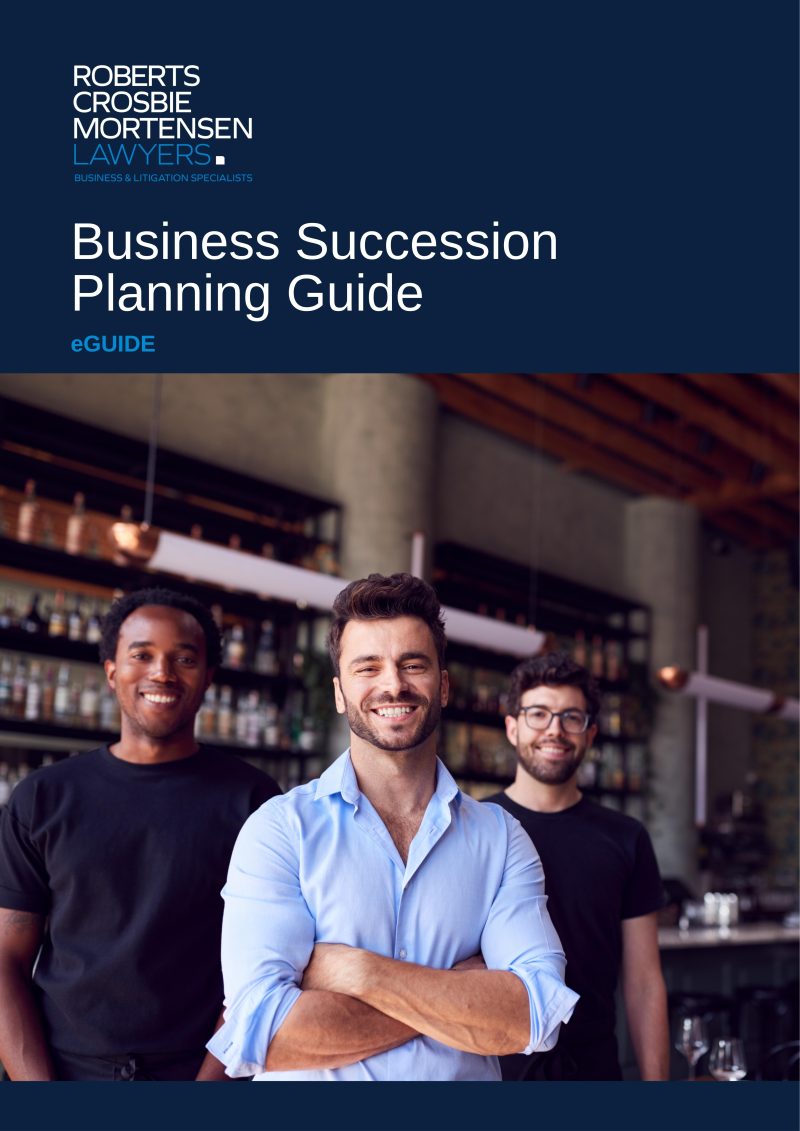Noting the repercussions for company directors if they allow their company to trade whilst insolvent, explained further in our article Safe Harbour & Directors’ Liability for Insolvent Trading, company directors should be mindful of the solvency of the company at all times.
Is Your Company Insolvent?
Noting the repercussions for company directors if they allow their company to trade whilst insolvent, company directors should be mindful of the solvency of the company at all times.

If insolvency is ever questioned, expert advice should be sought urgently on the options available to deal with the company’s financial issues and safeguard against the consequences of a forced winding up, which could include enforcement action against the directors personally.



While the directors of a company should always seek expert advice to determine whether their company is insolvent or is at risk of becoming insolvent, the case of ASIC v Plymin, Elliott & Harrison [2003] VSC 123 provides a list of key indicators of insolvency which can be of assistance, being:
- Continuing losses.
- Overdue Commonwealth and State taxes.
- Liquidity ratios below 1.
- Poor relationship with present Bank, including inability to borrow further funds.
- No access to alternative finance.
- Inability to raise further equity capital.
- Suppliers placing the company on COD, or otherwise demanding special payments before resuming supply.
- Creditors unpaid outside trading terms.
- Issuing of post-dated cheques.
- Dishonoured cheques.
- Special arrangements with selected creditors.
- Solicitors’ letters, summons[es], judgments or warrants issued against the company.
- Payments to creditors of rounded sums which are not reconcilable to specific invoices.
- Inability to produce timely and accurate financial information to display the company’s trading performance and financial position, and make reliable forecasts.
If you are a director and consider your company may be insolvent, it is important to seek urgent advice from a specialist insolvency lawyer, who can focus on protecting your personal assets and avoiding personal liability, where possible.
Timing is key to enacting some of the safe habour provisions that are available to directors.
Business Lawyers for Sydney and Newcastle
Need Answers Fast? Contact Us Today
The information in this article is not legal advice and is intended to provide commentary and general information only. It should not be relied upon or used as a definitive or complete statement of the relevant law. You should obtain formal legal advice specific to your particular circumstance. Liability limited by a scheme approved under Professional Standards Legislation.























